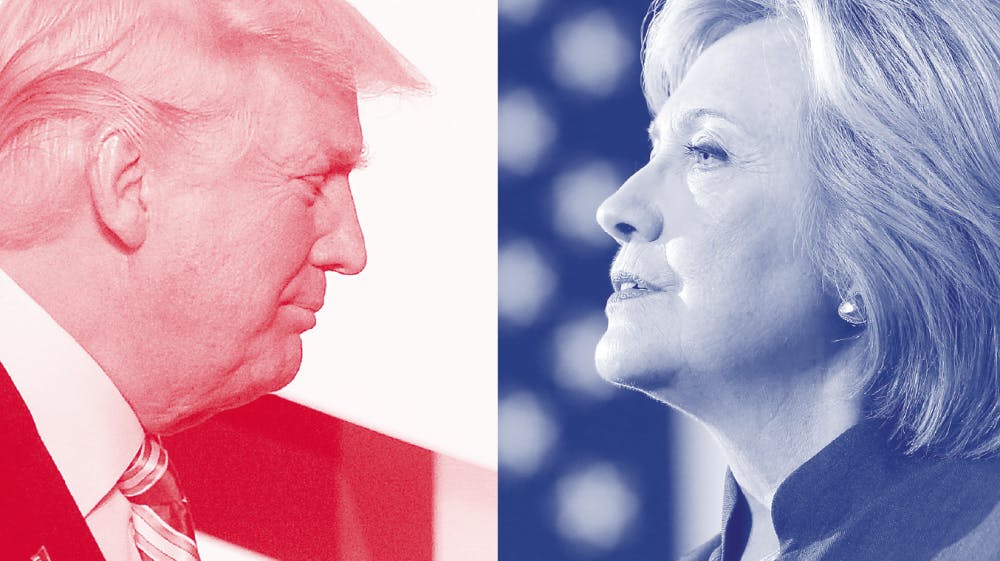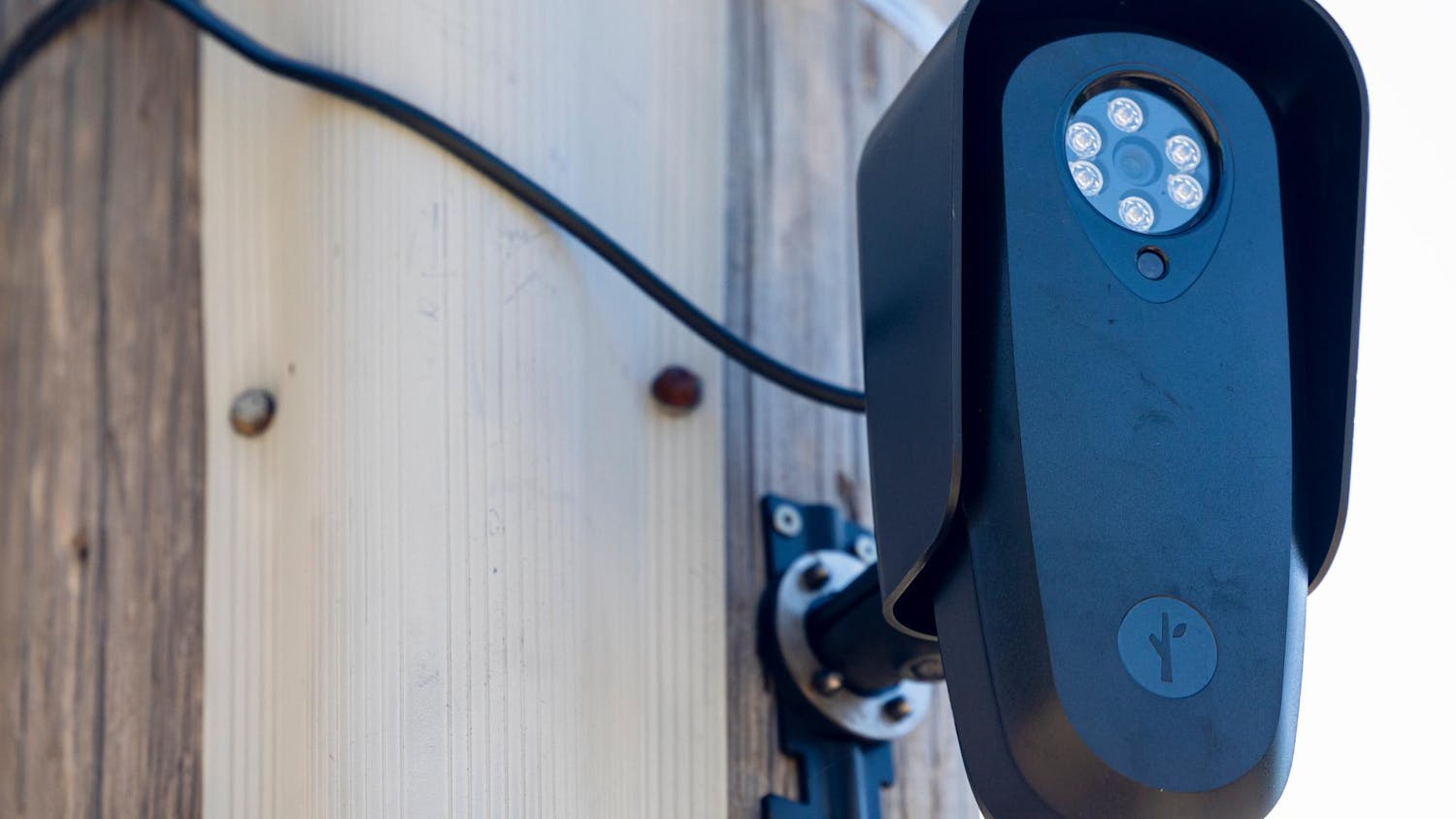Monday’s presidential debate gave the American people a lot to consider with November quickly approaching, and by now even those who didn’t watch the debate have likely heard about it through Facebook and Twitter.
With a plethora of information thrown at us from both the candidates and social media, we must be vigilant — we must fact check. And because racial division in the U.S. is becoming more and more apparent, we must be especially critical of race-related claims.
As I suspected of this debate, Hillary Clinton and Donald Trump attempted to drag each other through the mud for past faults. One claim in particular by Clinton — that Trump was once sued by the government for housing discrimination — caught my attention, as did Trump’s counter-claim that the suit was settled with no admission of guilt.
“Donald started his career back in 1973 being sued by the Justice Department for racial discrimination because he would not rent apartments in one of his developments to African-Americans, and he made sure that the people who worked for him understood that was the policy,” Clinton said.
According to PolitiFact, Clinton and Trump are both right.
The federal government filed a complaint against Trump, his father and his realty company on grounds that he violated the Fair Housing Act because black people were being denied housing in the company’s apartment complexes. Trump, then 27, countersued for $100 million in damages. The countersuit was dismissed, but Trump settled with no admission of guilt. It’s worth noting that most civil lawsuits in the United States are settled without anyone admitting to anything.
The whole affair is, at best, shady. While I normally wouldn’t put much weight on a 33-year-old deed, Trump’s recent language suggests that what may have been ingrained racism then — passed on from his parents and solidified by the social environment he grew up in — has not been weeded out. It’s evident in his laundry list of quotes about black people and Mexicans, it’s evident in his rejection of Arab refugees, and it was painfully obvious in his endorsement of stop-and-frisk on Monday.
By definition, stop-and-frisk is when a police officer detains someone to question them and possibly pat them down. The Fourth Amendment requires that to do this, the officer must have reasonable suspicion the person is breaking or about to break a law.
In New York, a report from the Public Advocate’s Office showed that the police were disproportionally using the procedure on black and Hispanic people. These findings are why a U.S. District Court judge in New York ruled that stop-and-frisk violates the Fourteenth Amendment, which guarantees equal protection.
Trump denied the ruling and claimed stop-and-frisk “worked very well in New York.” I did some research, and it seems the homicide rate in New York did decrease drastically while other factors, including poverty, unemployment and drug use, did not go down. But it also led to arrests for nonviolent crimes like drug possession. And because police used stop-and-frisk in high-crime areas with high minority populations, black people were incarcerated more often than white people, who used drugs at about the same rate.
The result is not only more black people in prisons, but also a strong distrust of police in minority communities.
If a white man walks down the street with an unlicensed handgun and a bag of cocaine, he’s more likely to get away with it than a black man. That’s where the problem is: inequality. Sure, everyone should follow the law, but everyone should also receive equal treatment under the law, and that includes white criminals. The U.S. Constitution requires it.
It’s my guess that Trump hasn’t personally researched the topic, and his campaign advisers are feeding him certain facts to memorize. He didn’t bring up stop-and-frisk at the debate out of the blue, and I’m not even sure if he truly supports it. But for a presidential candidate, he was surprisingly unprepared to defend what came off as a major stance in favor of a controversial tactic.
Through protests and legislative efforts, black people have shown us they won’t accept being treated unequally by the justice system anymore. The next president will not only have to take the right kind of institutional action, but also use words to try to ease the racial tension in our country. Trump showed in the debate that he’s unprepared to do either.




